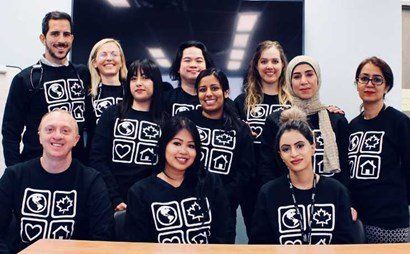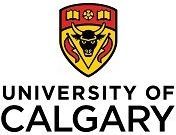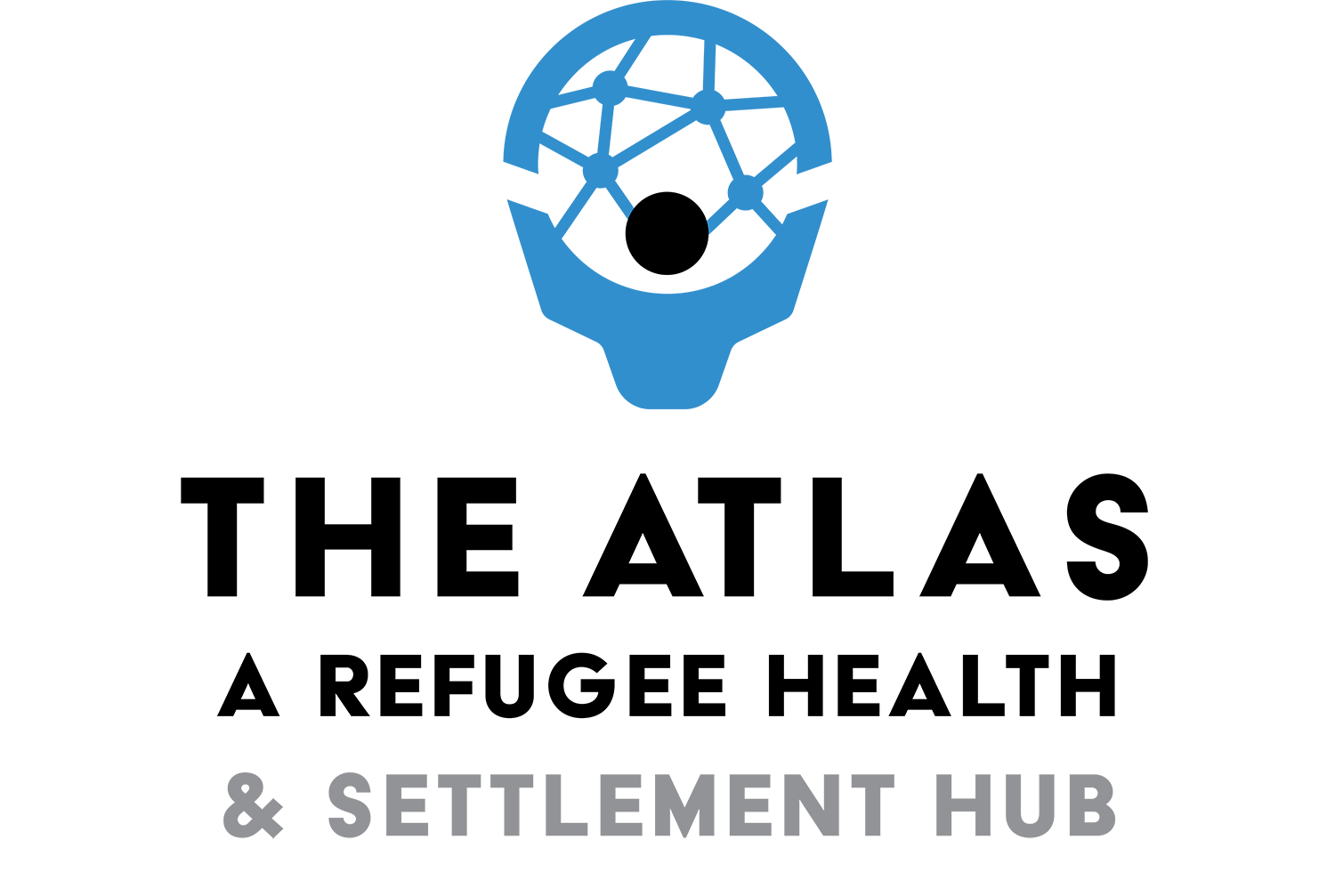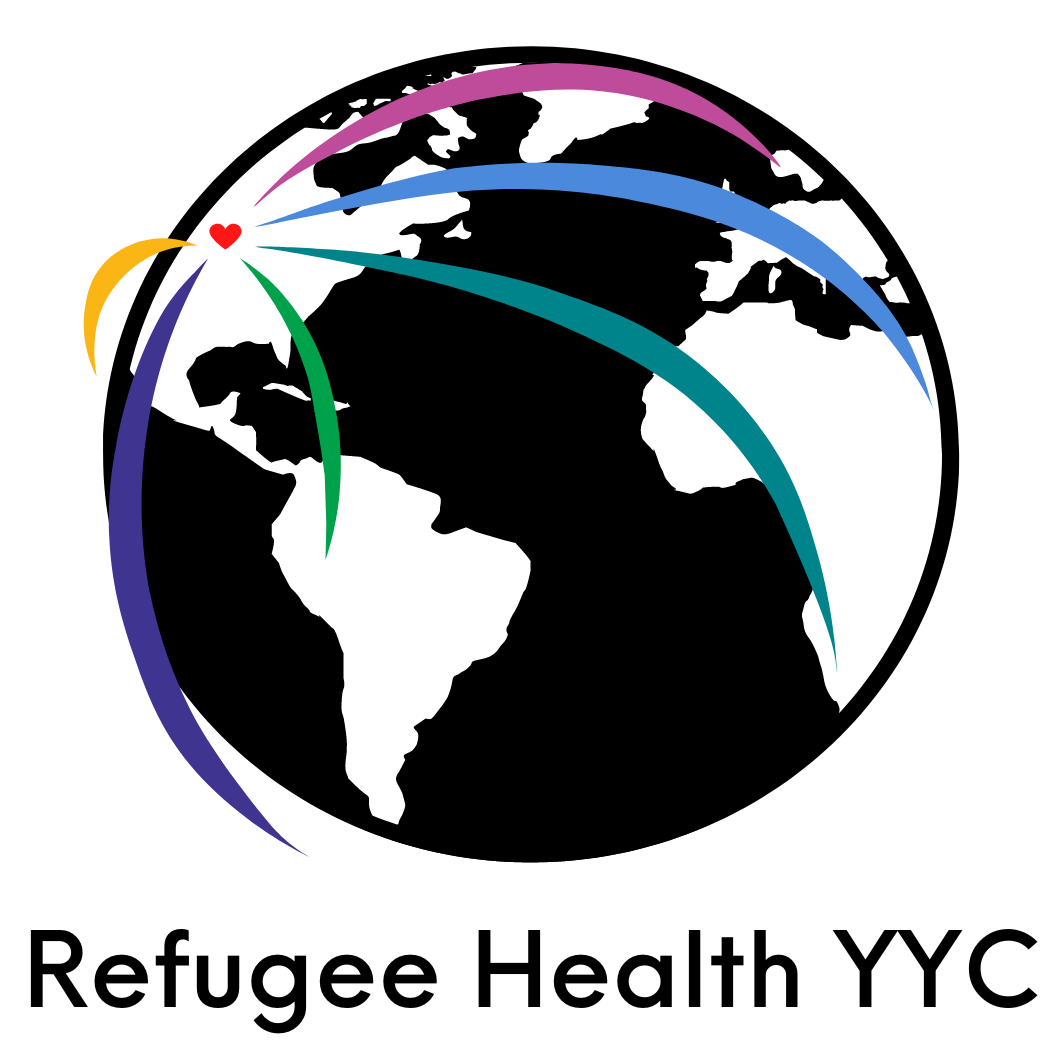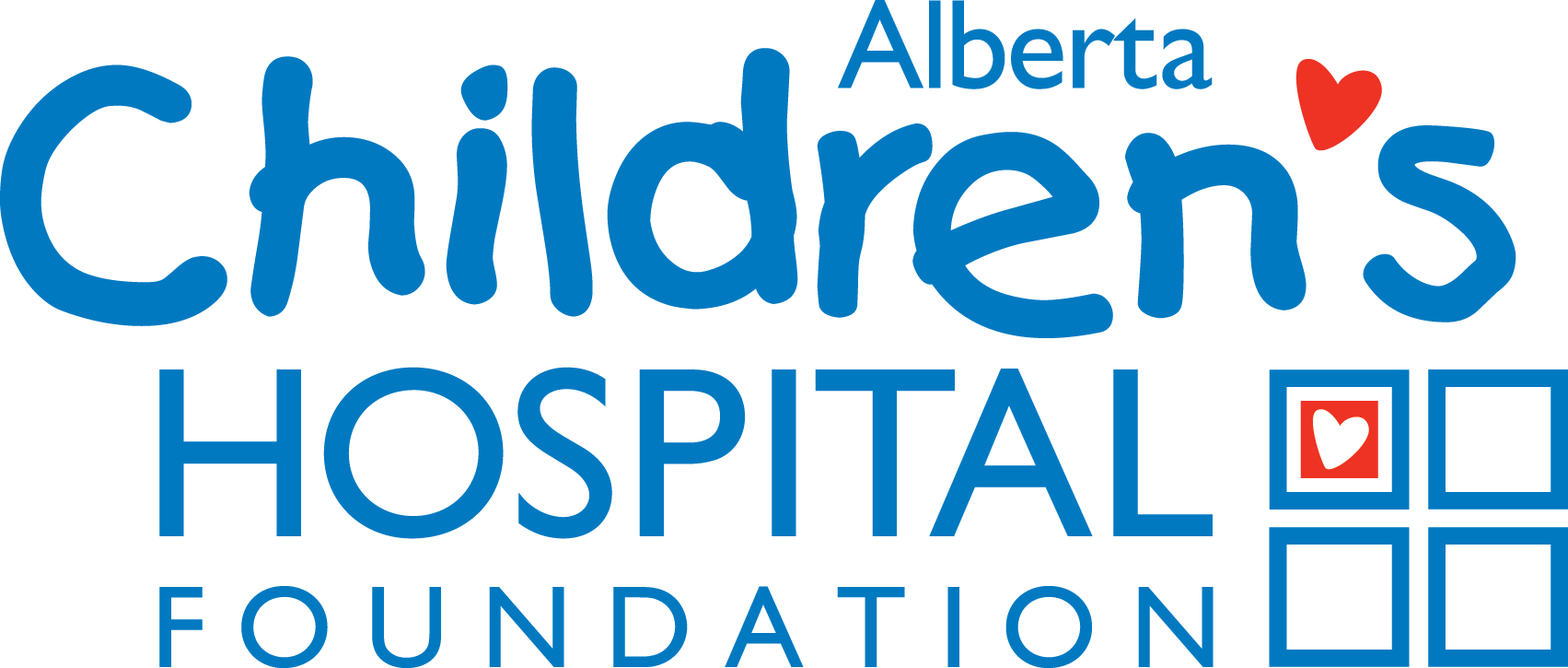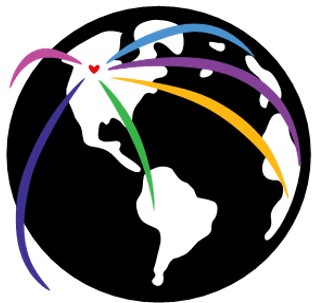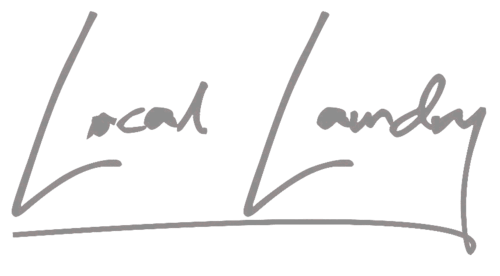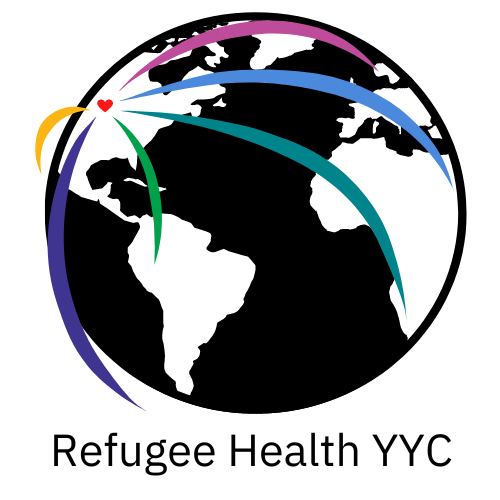About Refugee Heath YYC
We are a Research, Innovation and Education platform at the University of Calgary's O'Brien Institute for Public Health. We are closely partnered with the Mosaic Refugee Health Clinic in Calgary as an academic platform for our clinicians who provide care for newly arrived refugees and asylum claimants for up to two years.
Refugee Health YYC is among few research programs embedded within a specialized refugee health clinic in Canada able to rapidly characterize this population's health issues, clinic use, and care barriers to help direct and improve their care. We shared these findings locally, nationally and internationally with an aim to improve healthcare delivery and wellness of recently arrived refugees in Canada.
About Refugee Health YYC
/01
We study the health issues, needs, use as well as the quality and models of care provided to new refugees and claimants in Calgary and Canada.
Research
/02
We design, implement, evaluate and refine innovative refugee care programs and care models to improve refugee care and health in Calgary and Canada.
Innovation
/03
We train medical and nursing students, medical residents and fellows, undergraduate and graduate students, and provide clinical support to Calgary's medical community.
Education
Meet the Team
Research Assistants
Community Scholars
Students & Fellows
Collaborators/Partners
Team Directors
Co-Investigators
Senior Program Manager
Senior Research Associate
Full-Stack Software Engineer
Research Associates
Dr. Gabriel Fabreau is an Assistant Professor in the Departments of Medicine and Community Health Sciences, and active member of the O’Brien Institute for Public Health at the University of Calgary. He co-founded and co-leads the Refugee Health YYC research, innovation and education platform. Clinically, he works as an embedded Internal Medicine specialist at the Mosaic Refugee Health Clinic (MRHC) since 2014, as well as inpatient physician at the Peter Lougheed Centre.
He completed an MPH in Clinical Effectiveness at the Harvard School of Public Health and an academic fellowship in General Internal Medicine at Harvard Medical School and the Brigham and Women’s Hospital in Boston, MA. His research interests include health services, clinical and public health research with a focus on the health of recently arrived refugees, socially vulnerable populations and complex chronic disease.
Dr. Coakley is a graduate of Queen’s University where she completed both her medical training and family medicine residency. She worked in rural settings across Canada before moving to London in 2009 where she completed her Diploma of Tropical Medicine and Hygiene at the London School of Tropical Medicine and Hygiene. Once she completed her training, she settled in Calgary where she started to work at the Calgary Refugee Health Program in order to maintain her skills in tropical medicine. However, once she started working with refugees, she became a passionate advocate for their health and wellbeing.
In 2012, Dr. Coakley became the Medical Director of the Calgary Refugee Health Program where she was immediately confronted by the challenge presented by the Federal Government’s decision to cut the Interim Federal Health Program, which provides coverage for health services and essential medications for newly arrived refugees. She worked with many stakeholders within Alberta, including provincial agencies, to minimize the impact of the cuts on Calgary’s most vulnerable newcomers. Since the reversal of the cuts in 2015 following the last election, she has been working with her team at the Refugee Clinic to help meet the health needs of the influx of Syrian refugees and most recently, the victims of Daesh. Her hope is to one day work herself out of job once the mainstream health system is able to meet the needs of our most vulnerable newcomers.
Dr. Kerry McBrien is an Associate Professor in the Departments of Family Medicine and Community Health Sciences at the University of Calgary. She finished medical school and a residency in Family Medicine at the University of Toronto. She completed a Master of Public Health at the Harvard University School of Public Health, focusing on outcomes research, statistical analysis, and healthcare economics, and then completed an AI-HS funded Postdoctoral Research Fellowship in Health Economics with the Interdisciplinary Chronic Disease Collaboration. Her research interests include health economics and health services research, with a focus on chronic disease management in primary care.
Dr. Ronksley is an Associate Professor in the Department of Community Health Sciences at the University of Calgary. His research focuses on patients with multiple chronic conditions (multi-morbidity) with a particular interest in understanding the subset of patients that drive health care utilization and spending. Using population-based administrative data and novel data-linkage methodologies, his work explores the clinical profiles of complex chronic disease patients, how they engage with the health care system, and whether care pathways can be modified to improve care and outcomes for these patients.
Eric Norrie is MH2C's Senior Research Associate. He focuses on data analysis, academic writing, and mentoring research associates, assistants, and students. Eric’s passion for refugee health and health science began during his time at the Mosaic Refugee Health Clinic, where he was employed from 2011 to 2020. In 2016, he became a founding member of MH2C (formerly Refugee Health YYC), contributing to the establishment of its data infrastructure. His work with MH2C sparked his pursuit of a master’s degree in Community Health Sciences from the University of Calgary, where he specialized in studying refugee healthcare utilization.
Nesma is MH2C's Senior Program Manager. She holds a Master of Arts in Conflict, Security and Development from King’s College London. Prior to joining the Team, Nesma was a Project Officer at the United Nations Office on Drugs and Crime, where she managed a project that aimed to prevent and combat human trafficking and migrant smuggling in the Middle East and North Africa. Her focus on the vulnerability of asylum seekers, refugees and irregular migrants falling victim to crimes of human trafficking sparked her commitment to protecting and assisting migrants in Canada.
Yasir is MH2C's Research Associate. He is a former refugee from Afghanistan who holds an MSc in Global Health from McMaster University and a visiting academic position with the Faculty of Medicine at the University of Southampton. Prior to moving to Canada, he lived as a refugee in Tajikistan after fleeing Afghanistan. During his time as a refugee, he continued to share his lived experience of refugee life.
His scholarly work has been published in prestigious journals such as The Lancet. He is also a certified Project Management Professional (PMP®) and holds multiple certificates from Wayne State University, the University of Geneva, McGill University, and the LinkedIn Learning Academy. During his tenure as a Research Assistant at the Research Institute of the McGill University Health Center, he focused particularly on tuberculosis research, further enriching his expertise in infectious disease. research.
Vaughan is MH2C's Full-Stack Software Engineer. He holds a bachelor's degree in Applied Mathematics and leads our software development and AI arm. Vaughan is currently building an annotation tool to accelerate systematic reviews using LLMs. He's also designing and developing The Atlas.
Pere Kennedy is MH2C’s Research Assistant. Her passion for improving health equity, particularly in maternal and child health for disadvantaged populations, was sparked while completing studies in biological anthropology. Through this work, she gained a deep appreciation for the social and political nature of health, which led to her pursuit of a Master of Science in Global Health from the University of Geneva.
She completed her graduate studies in September 2025 and is currently working toward publishing her first paper, which explores the intersections of climate change, migration, and child health. Her research aims to address systemic health disparities by focusing on the unique vulnerabilities and needs of underserved families.
Mujja Alloba is a Community Scholar and Communications Lead at MH2C. She is currently pursuing a Bachelor of Arts in Political Science, with academic interests in health policy, migration governance, and systems reform. Prior to joining the team, Mujja worked in community-based advocacy and refugee support initiatives across the Southwest Asia and North Africa (SWANA) region, focusing on protection and trauma-informed support for displaced populations. Drawing from lived experience, her work centers on improving coordination between settlement services and primary care systems, with particular attention to gender-affirming and culturally responsive healthcare for newcomer and refugee communities.
Fawzia Abdaly is a Community Scholar with MH2C and a Medical Office Assistant at the Calgary Refugee Health Clinic. She holds a BCS and a Medical Office Assistant Diploma from Canada. With extensive experience in Afghanistan as a program officer advocating for girls' and women's rights, she now focuses on refugee health. Recognized by the U.S. Department of Homeland Security, she led initiatives supporting Afghan refugees in the USA.
Olha Horbach is an International Medical Graduate from Poltava State Medical University in Ukraine. In addition to her clinical experience, she held leadership position as a Local Public Health Officer with UMSA-Poltava (IFMSA), where she also organized the first International Global Health Congress. Olha, further broadened her medical experience through a student exchange program at Ain Shams University in Egypt.
Since the onset of the conflict in Ukraine, Olha has been actively involved with the Ukrainian community in Calgary. She is a dedicated advocate for refugee health, contributing to MH2C research and volunteering projects both in Canada and internationally.
Sara is an MD student at the University of Calgary with experience in research, advocacy, and health equity. As a Syrian refugee, she is passionate about improving healthcare access for refugee and immigrant populations. Her work spans clinical research on refugee health, food marketing, and AI in healthcare.
Minnie joined the MH2C team as a Community Scholar in 2021. She has been part of and has led several studies primarily focusing on migrants, newcomers and vaccine access, including completing the University of Calgary's Patient and Community Engagement Certificate about migrants experiences of accessing the COVID-19 vaccine.
Centering community based participatory research values and community advocacy, she is currently pursuing her Master's degree in Community Health Sciences with a specialization in Population and Public Health at the University of Calgary. Her thesis is a mixed methods study aiming to understand the perceived health impacts and needs of Filipino families reunifying in Alberta having been separated due to labour migration - a topic dear to her heart due to the love she holds for her Filipina/o/x diaspora community.
Outside of her time at MH2C, she is a cat lover and avid concert goer.
Deyana Altahsh is a former MH2C Community Scholar, University of Calgary alumni, and current Medical School Student at the University of Alberta. She is passionate about Equity, Diversity and Inclusion (EDI) work and advocating for holistic settlement experience for refugees and newcomers. She was actively involved in her the EDI committee of the University of Calgary's Faculty of Kinesiology, where she helped address and raise inequity and inaccessibility issues on campus. In her capacity as the 2020-2021 Student's Union Faculty of Kinesiology Representative, she effectively utilized her lived experience and acquired knowledge to advocate for students at the University level, amplifying racialized students' voices and championing their rights.
Recognizing the transformative power of refugee work, she volunteered at the esteemed Calgary Bridge Foundation for Youth, where she helped with program facilitation for newcomers and subsequently earned a position within the organization. She also chaired a university club as a Vice President of Events and orchestrated inclusive sporting events designed specifically for newcomers and refugees. She aimed to foster an environment where individuals from diverse backgrounds could come together, engage in physical activity, and form meaningful connections. The field of Kinesiology nurtured Deyana's profound appreciation for movement, prompting her to merge her two passions; refugee work and activity. Her bachelor's thesis focused on the impact of physical activity on the settlement experience of newcomers and refugees, exemplifying her commitment to bridging the gap between movement and holistic well-being.
Mosaic Refugee Health Clinic
Mosaic Refugee Health Clinic
Calgary’s first specialized refugee health clinic, and among the first such clinic in Canada, the Calgary Refugee Health Program launched in 2003, and partnered with the Mosaic Primary Care Network in 2013 to create the Mosaic Refugee Health Clinic (MRHC). With one of Canada’s most successfully integrated refugee health programs, Calgary's MRHC has provided primary and multi-speciality care for over 10,000 refugees and their families since 2011.
Syrian Refugee Initiative
Between 2015-2017, Canada rapidly resettled over 40,000 Syrian refugees responding to the humanitarian crisis resulting from civil war. The MRHC, partnered closely with Alberta Health Services (AHS) and Calgary Catholic Immigration Society (CCIS), to successfully provide and coordinate healthcare for nearly 2000 of the 2200 Syrian refugees who resettled in Calgary through Canada's Syrian Refugee Initiative.
Survivors of Daesh
In 2017 Calgary was chosen as one of four Canadian cities to resettle a vulnerable population of Yazidi refugee families - a religious and ethnic minority from Northern Iraq and Syria - previously captured by the extremist group ISIS who survived a genocide. Severely traumatized, this refugee group requires intensive care and coordination among many health services but, almost no information on their medical and mental health issues was available in Canada.
